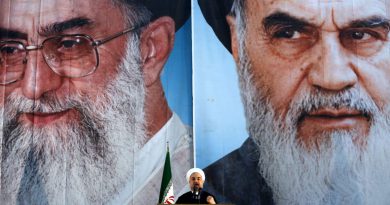Kuwait’s foreign minister named new PM amid government feud
Kiwait (Reuters) – Kuwait’s ruler on Tuesday named Sheikh Sabah al-Khalid al-Sabah as prime minister, elevating him from his role as foreign minister, after a row between ruling family members and parliament prompted the last government to resign.
Emir Sheikh Sabah al-Ahmad al-Sabah initially tapped caretaker premier Sheikh Jaber al-Mubarak al-Sabah to form a new cabinet but he rebuffed the offer on Monday, citing a media campaign against him.
The government resignation came after lawmakers sought a no-confidence vote against the interior minister and as a dispute between senior officials, including the interior and defence ministers, over alleged mishandling of public funds went public.
The state news agency KUNA said Sheikh Sabah al-Khalid, who has been Kuwait’s foreign minister since 2011, was sworn in in front of the emir hours later.
The oil policy of the OPEC producer, which is set by a supreme petroleum council, and foreign policy, which is steered by the emir, are unlikely to change under the new government.
Kuwait, an ally of the United States, has the most open political system in the Gulf Arab region, with a parliament wielding power to pass legislation and question ministers.
Corruption allegations led to public protests earlier this month outside parliament, for which elections are expected to be held next year.
The Kuwaiti prime minister traditionally helps navigate the often tense relationship between parliament and government. The emir has the final say in state matters.
In a televised address on Monday, the 90-year-old emir warned the media and public against discussing an issue that was being addressed by the judiciary, saying the state would safeguard public funds.
Power struggles between senior ruling family members have often played out in parliament. Cabinet resignations happen frequently when elected lawmakers are set to question or submit a no-confidence vote against senior government officials.
“I suspect the impending parliamentary elections are pressing some of these royal rivalries to the surface,” said Kristin Smith Diwan, senior resident scholar at the Arab Gulf States Institute in Washington.
“Royal politics and parliamentary politics are intertwined, due to the power the parliament holds through the constitution to approve the appointment of the crown prince,” Diwan said.



